Department Of Medicine
-

Immune cells’ role in hypertension
Vanderbilt researchers have discovered that certain immune cells contribute to the development of hypertension, suggesting novel targets for treating the disease. Read MoreOct 24, 2014
-

Aspirin and allergies
Drugs such as aspirin and indomethacin may increase sensitivity to airborne allergens by suppressing production of the signaling molecule PGI2, which in turn may offer a new treatment for allergies. Read MoreOct 10, 2014
-
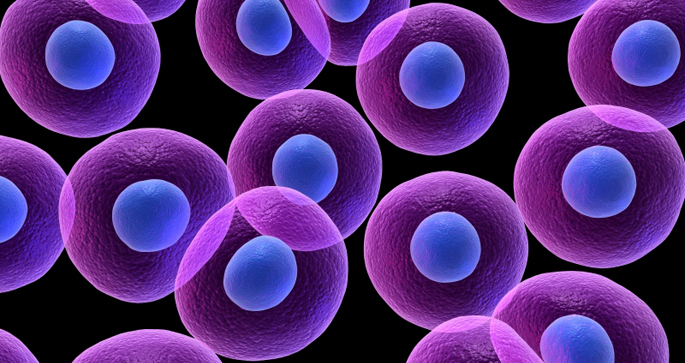
Patient-derived stem cells shed light on pulmonary hypertension
Stem cells derived from patients with pulmonary arterial hypertension provide a unique resource for studying the molecular defects that cause the disease and testing potential therapies. Read MoreSep 16, 2014
-

Bone healing therapy for NF1 fractures
A combination treatment delivered to the site of fractures may improve bone healing in patients with the genetic disease neurofibromatosis type-1. Read MoreSep 11, 2014
-

Protein interaction protects against neurodegeneration
Two proteins interact to maintain selenium levels in the brain, and protect neurons from degeneration. Read MoreSep 2, 2014
-
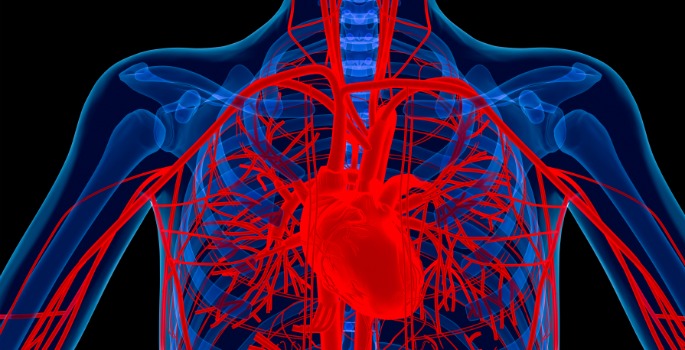
Study finds coronary arteries hold heart-regenerating cells
Endothelial cells residing in the coronary arteries can function as cardiac stem cells to produce new heart muscle tissue, Vanderbilt University investigators have discovered. Read MoreAug 20, 2014
-

Novel treatment strengthens bones in genetic disease
An enzyme therapy may prevent skeletal abnormalities associated with the genetic disorder neurofibromatosis type-1, Vanderbilt investigators have discovered. Read MoreAug 7, 2014
-

Low selenium and lung cancer
Vanderbilt researchers have found that selenium deficiency may contribute to the racial disparity in lung cancer incidence. Read MoreAug 6, 2014
-
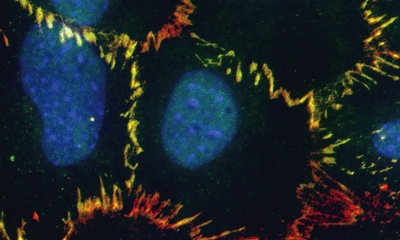
Anti-inflammatory protein “rheostat” sheds light on leaky blood vessels
Vanderbilt researchers have discovered that the protein CRADD counteracts inflammatory injury to endothelial cells, which could assist the development of new therapies for inflammatory vascular disorders. Read MoreAug 1, 2014
-

Molecular ‘chat’ holds kidney fibrosis clues
A novel molecular “conversation” regulates kidney fibrosis – the final result of end-stage chronic kidney disease – suggesting new treatment options for this currently irreversible process. Read MoreJul 10, 2014
-

Normalizing calcium flux to treat atrial fibrillation
A particular anti-arrhythmia drug provides a targeted treatment for certain forms of atrial fibrillation. Read MoreMay 12, 2014
-

Potential mechanism for myeloma drug’s variable toxicity
A genetic variant is associated with toxicity of the chemotherapy drug melphalan, and could guide individualized dosing for the medication. Read MoreApr 30, 2014
-

Increased cell permeability may protect from colitis
Having a “leaky” gut may protect against colitis, a paradoxical finding that alters understanding of the role of cell permeability in intestinal homeostasis and immune regulation. Read MoreApr 25, 2014
-

Dugan named to lead Division of Geriatric Medicine
Laura Dugan, M.D., the Larry L. Hillblom Chair in Geriatric Medicine at the University of California San Diego (UCSD), will join the Vanderbilt faculty on April 7 to direct Vanderbilt University’s Division of Geriatric Medicine, a division of the Department of Medicine. Read MoreApr 3, 2014
-
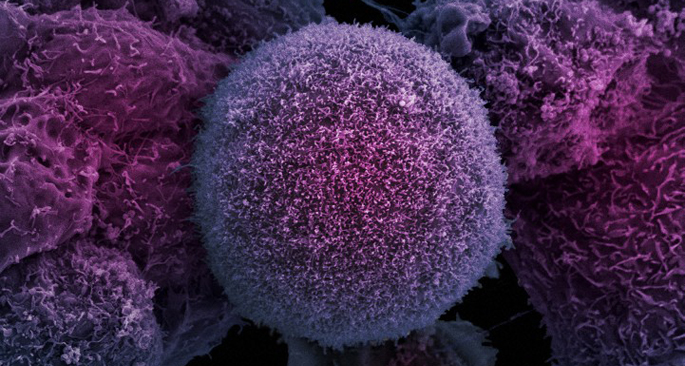
Study links stem cell gene to prostate cancer susceptibility
A gene on chromosome 8 — in a region of the genome linked to risk for many types of cancer — is particularly associated with prostate cancer susceptibility, Vanderbilt University researchers have found. Read MoreMar 27, 2014
-

Delirium increases long-term disability
Patients who suffer a longer duration of delirium in the intensive care unit are more likely to experience long-term disability after discharge. Read MoreMar 17, 2014
-

Yale’s Lifton set to deliver next Flexner Discovery Lecture
Yale University’s Richard Lifton, M.D., Ph.D., winner of a $3 million, 2014 Breakthrough Prize in Life Sciences for discovering genes and biochemical mechanisms that cause hypertension, will deliver the next Flexner Discovery Lecture March 6. Read MoreFeb 27, 2014
-
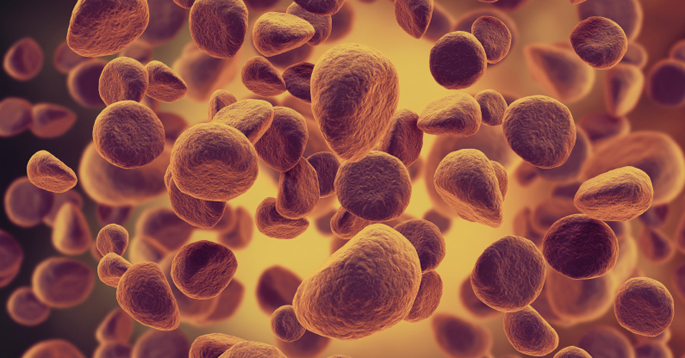
Probing the pathogenesis of leukemia
A new mouse model reveals gene clusters important in a treatment-resistant form of leukemia. Read MoreFeb 27, 2014
-

Thoracic society honors Newman
The American Thoracic Society (ATS) is presenting John Newman, M.D., professor of Medicine, with its Outstanding Educator Award during the ATS 2014 International Conference in San Diego, May 16-21. Read MoreFeb 20, 2014
-

Keeping the beat after heart surgery
Variation in the gene for the beta-1 adrenergic receptor increases the risk that a patient will have an abnormal heart rhythm after cardiac surgery. Read MoreFeb 10, 2014